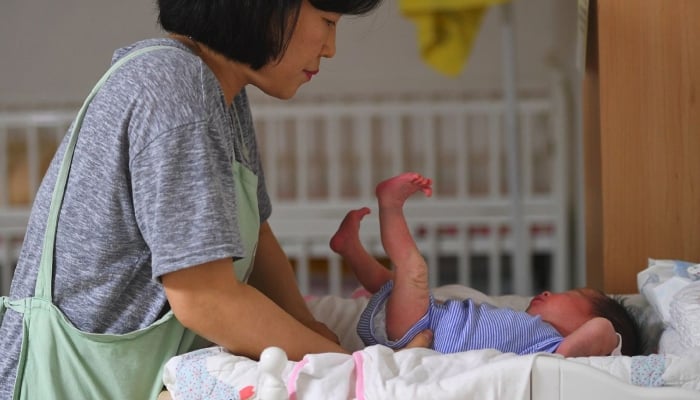
South Korean couples seeking in vitro fertilisation (IVF) often have to face unimaginably long waits for their fertility clinic appointment.
As the country continues its struggle with having the world's lowest birth rate, clinics have become in an all-time high demand.
Between 2018 and 2022, the number of fertility treatments carried out in South Korea rose around 50%, with statistics showing that last year, one in six babies in the capital, Seoul, was born with the help of the treatment.
Analysing the situation, experts have cited that a positive attitude on family planning is the reason behind the surge.
Sarah Harper CBE, professor in gerontology at the University of Oxford, noted, "We have a young generation… that is used to being in control of its life."
That control also mirrors their family planning, as single women choose to freeze their eggs or a couple tries IVF when they can not conceive.
The rise in clinics is positive news for South Korea's government, which is trying to lift the country out of a demographic crisis, with one in five people being aged or above.
Notably, the country has repeatedly broken its own record for having the world's lowest birth rate, with it being 0.98 babies per woman in 2018, 0.84 in 2020, and 0.72 in 2023.
If this trend continues, experts warn the population of 50 million could halve in 60 years.
However, in 2024, the country saw a bit of hope as the birth rate rose slightly to 0.75, its first increase in nine years.












